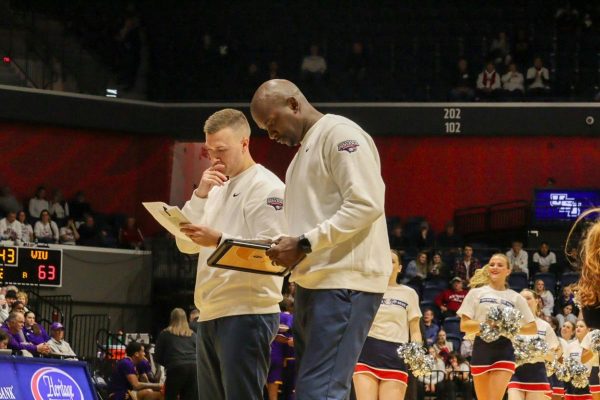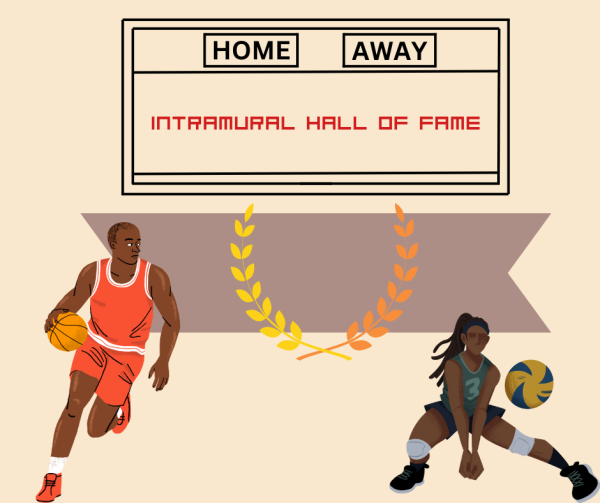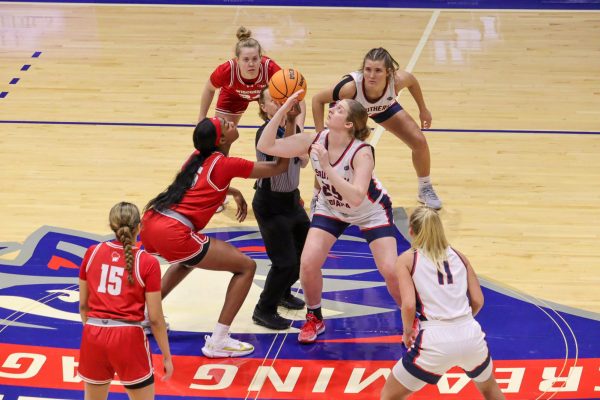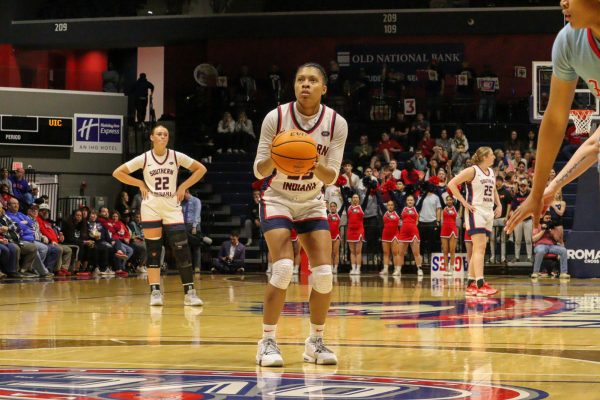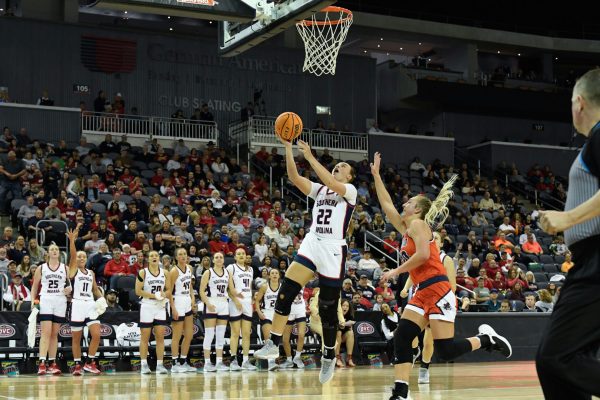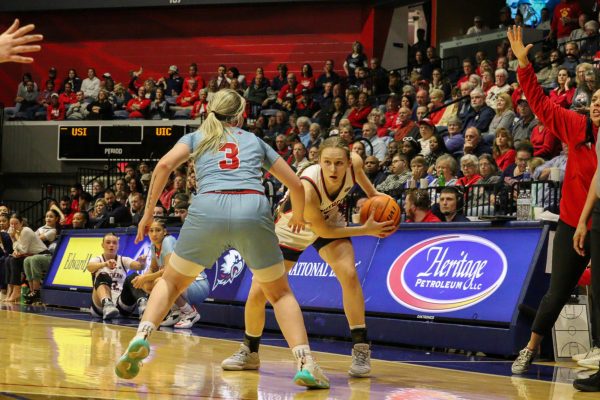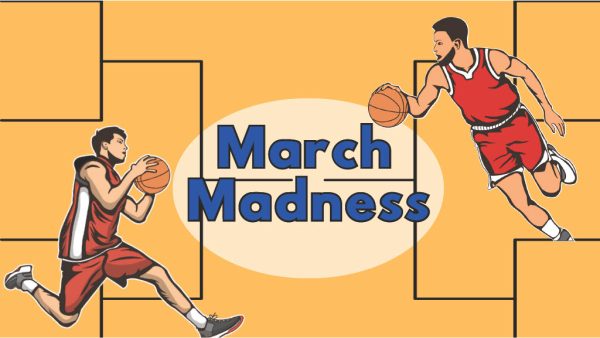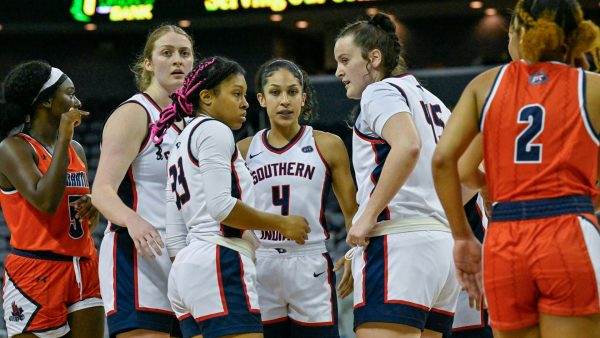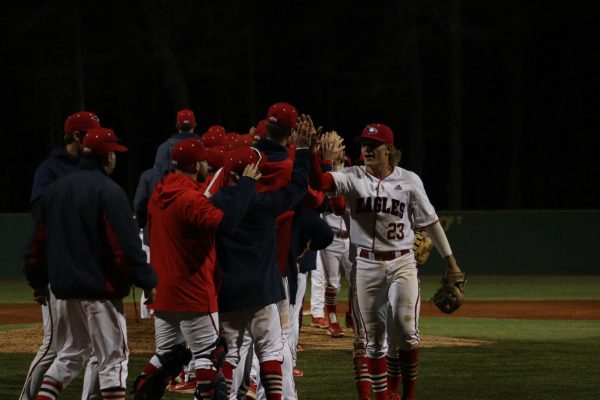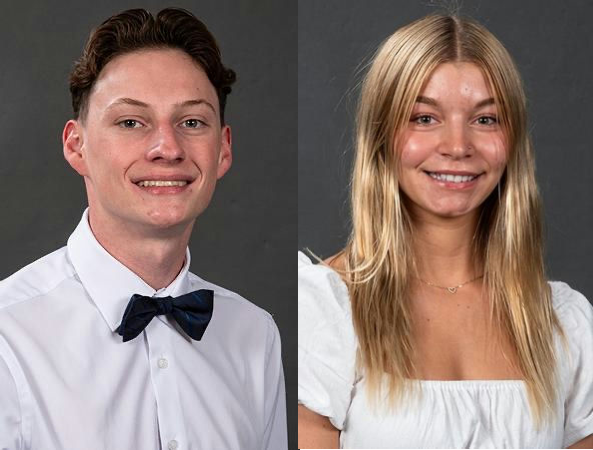More than just a president
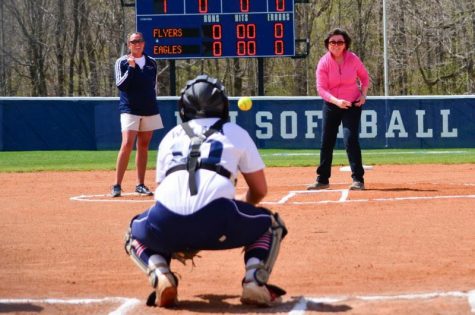 The Shield
The Shield
When President Linda Bennett stepped in as the university’s president in July 2009, she was met with unfortunate circumstances.
The athletic department, reeling from the recent resignation of head basketball coach Rick Herdes just two months before, became part of Bennett’s responsibilities as president.
Herdes was charged with five different NCAA violations, including giving extra benefits to student-athletes and allowing assistant coaches to complete homework assignments for athletes so they could be eligible to play.
The basketball team was forced to forfeit every win from their 2008-2009 season.
Bennett created the university athletic council the following year in an effort to rebuild and strengthen the department following the sanctions.
The university athletic council is composed of faculty members across the university and was created to provide oversight, support the development of excellence in the university intercollegiate athletics, and serve as an advisory council to Bennett.
Alex Eaton, associate athletic director and senior women’s administrator, said one of the biggest legacies Bennett is leaving behind is the work the university athletic council has done.
Eaton said the group was formed before she came to the university.
“They have helped with the gender equity policy,” Eaton said. “We have created an inclusion statement for athletics so they help a lot with that, and I think for athletics overall that will be one of our biggest legacies. I think that group as a whole, which is under her, has helped really further us as an athletic department.”
Eaton said it is not usual for a division two school to have an athletic council. She said that while it is considered a best practice, they are generally only seen on the division one level.
“It’s nice to get all those different constituents around a table and talk about stuff,” Eaton said. “But I think it’s been really helpful for us to do some of those bigger picture things that, when you’re doing your day-to-day stuff, don’t necessarily have the time or all the resources to do it. It’s nice to have this group kind of be a spokesperson for athletics and help us with some of our bigger policies that we need to have in place.”
In addition to starting the university athletic council, Eaton said Bennett also is the chair of the council of presidents at the GLVC level.
“She has always had a voice being on the council of presidents,” Eaton said. “But being the chair makes it a little bit more of a voice, and I think it has helped her and us have a little bit more knowledge about where the GLVC wants to go.”
Eaton said Bennett’s involvement in athletics is on the same level as that of larger universities.
“She has been a huge supporter for athletics,” Eaton said. “She comes to as many events as possible. Obviously, with a busy schedule as a president, not all of them, but she has been great as a president. She has been great dealing with the GLVC and NCAA and she has a lot of insight and knowledge about that.”
Jon Mark Hall, university athletic director, said Bennett held athletes in the athletic department accountable.
“She made sure our student-athletes were performing well in the classrooms,” Hall said. “She understands the importance of students’ academics and understands they are not just athletes.”
Hall came to the university in the summer of 1995 as the men’s tennis coach. Ray Hoops was the president at that time, and Hall watched Bennett become president.
Before coming to the university, Hall worked at the University of South Carolina.
“Both jobs have been good experiences,” Hall said. “But I have much more access to Bennett. She is easy to talk to and easy to communicate with. She knows what is going on with athletics, and that makes having those conversations with her much easier.”
Hall became the athletic director in 2002.
“Bennett’s support to athletics have been tremendous,” Hall said. “She allows us to do our job and lets us approach things how we want to.”
Hall said he is thankful Bennett was involved to that nature.
“She wanted to make sure she knew what was going on and shared our vision for the future of athletics,” Hall said.
Hall said not every president takes students’ success in the classroom so seriously.
“She never lost sight of why students were here,” Hall said. “She never lost perspective, and she always made sure we didn’t lose perspective. That shows in the academic success of our athletes and in the graduation rates. She understood what was important.”

